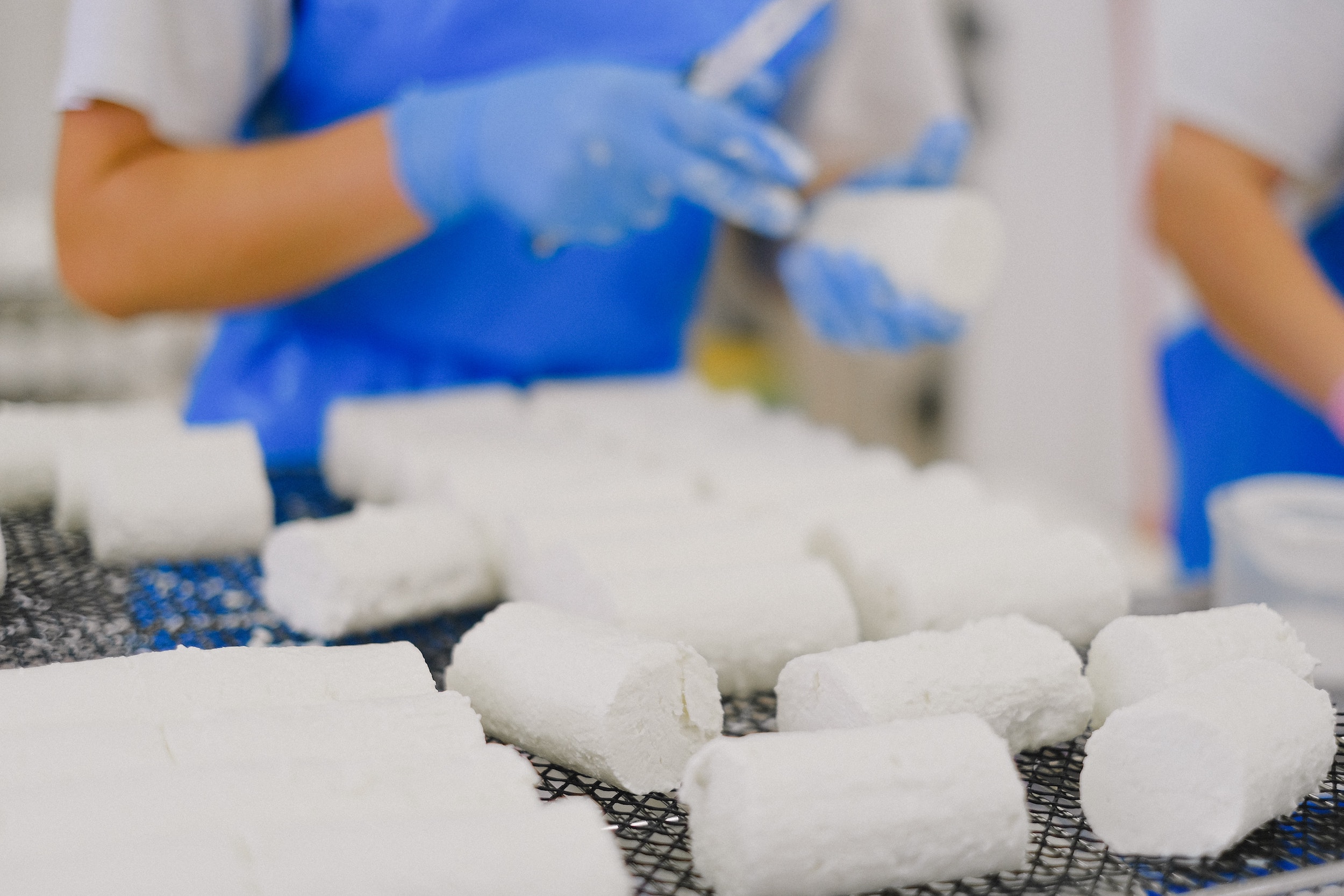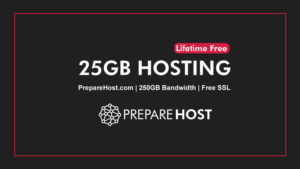Table of Contents
ToggleThere’s a saying that food is the way to someone’s heart, and I couldn’t agree more. Food is undeniably not only a want but a necessity for our survival. Without proper food, our bodies won’t have the right nutrients and minerals to function optimally. In short, surviving is impossible without food.
Since food is essential, many people love starting a food business. It’s a wise business option because its demand will always be high. And if you’re a food enthusiast, a food and beverage business would be an ideal career. But aside from that, a food manufacturing business could be your preference, too.
However, it’s not a walk in the park to start and manage a food production business. It takes persistence, effort, and dedication to make it work. After all, food production businesses should meet the quality and standards of a country’s Food and Drug Administration. If you’ve been considering starting one, here are six things you must consider.
1 – Know and research the estimated costs of starting a food production business
Starting a business is like gambling. But here, you’ve already identified and know the threats, weaknesses, strengths, and opportunities you’ll encounter. And before you start, you already know how much you’ll invest in your capital. If you haven’t thought this through yet, here’s your reminder to do so.
A food production business would require heavy and technical machinery like steam boilers, oil extraction machines, or packing machines. Take note that the type of machinery you’ll need will depend on the food you produce. Aside from those, you’ll also consider the cost for your business location, your staff, bills, and other miscellaneous dues you’ll have.
That’s why before you pitch your idea to other people, know the estimated costs of starting a production business.
2 – Choose a food type that works best for you
As we know, there are different types of food. And in the production industry, they classify food into types, including butchering, preserving, baking, pasteurising, crop management, restaurants, and more. Know that a specific production business might not work for you because each comes with different challenges and strengths.
That’s why before starting a business plan, research and get to know the different food production types. Learn the pros and cons of each production type, and evaluate if those fit with your work capacity. Remember that no matter how much you think you’ll be successful with a production type, it’s not impossible to encounter challenges because business demands can be unpredictable.
3 – Learn and understand food manufacturing regulations
When you start a business, you’ll need many licenses and documents to submit to legalise your business. If you’re planning to start a business without regulations from the concerned offices in your country, here’s your reminder that that is not an ideal and wise choice. Remember that people are more confident working and buying from legal businesses.
So before you start buying the things you’re planning for your business, learn and understand food manufacturing regulations first. That way, you won’t have to worry about the licenses and documents you need that might delay the operation of your business. Also, it’s better to work on your legal documents before moving forward with your business goals.
4 – Know your food’s nutrition and ingredients; test them before producing for the market
One of the riskiest businesses that there is–is a food-related business. Why? Because people will be consuming and putting in their system your products. That means that if something goes wrong, you’re liable for the damages it might cause to your customers.
Today, people are becoming more careful with their diets. Many strive to live healthier and better today by consuming quality food. That means it’s more challenging today to operate a production business because you have to be extra careful in ensuring that every ingredient and process you apply must follow the best standards.
5 – Get the testing certificates you need that apply to your business type
This fifth point is similar to the previous point I discussed. After you know your food type’s nutrition and ingredient charts, it’s time to get the testing certificates you need to ensure your clients that you’re producing quality food. There are several testing certificates that you can get depending on your product type, including water testing and an organic testing certificate.
Having those certifications is essential and will also help you gain the trust and confidence of your target market. In the long run, those certifications will help you protect your business and market your products confidently. Those certifications will help you ensure that your production is free from harmful chemicals and microbes.
6 – Consider hiring a business lawyer in food production
Thinking a business is good to go after processing and applying for legal documents, licenses, and regulations makes business owners complacent. According to research, this is one of the mistakes many new business owners make. With that, consider hiring a business lawyer to ensure your business follows the appropriate documents you need.
Having a lawyer will help you double-check the processes your business is taking. Also, having a professional to handle the legal side of your business takes a lot of stress off your plate, helping you focus on other critical areas you need. Doing this will give you the peace of mind that you file your documents without mistakes and that your transactions are valid.
These considerations are necessary for a quality and trusted food production company.
Starting a food production business is one of the most challenging and time-consuming businesses to plan. That’s why before you start or spend money on it, take the time to ask yourself if it’s really for you. After all, it’s a business that comes with a lot of responsibility that you are accountable for regardless.
About the author:
Bianca Banda is a writer for Trilogy Boilers Australia, a veteran specialising in boiler and burner installations, servicing, engineering, and industrial gas plumbing.
Bianca Banda is an ardent writer, aiming to share helpful information and ideas effectively and engagingly.








